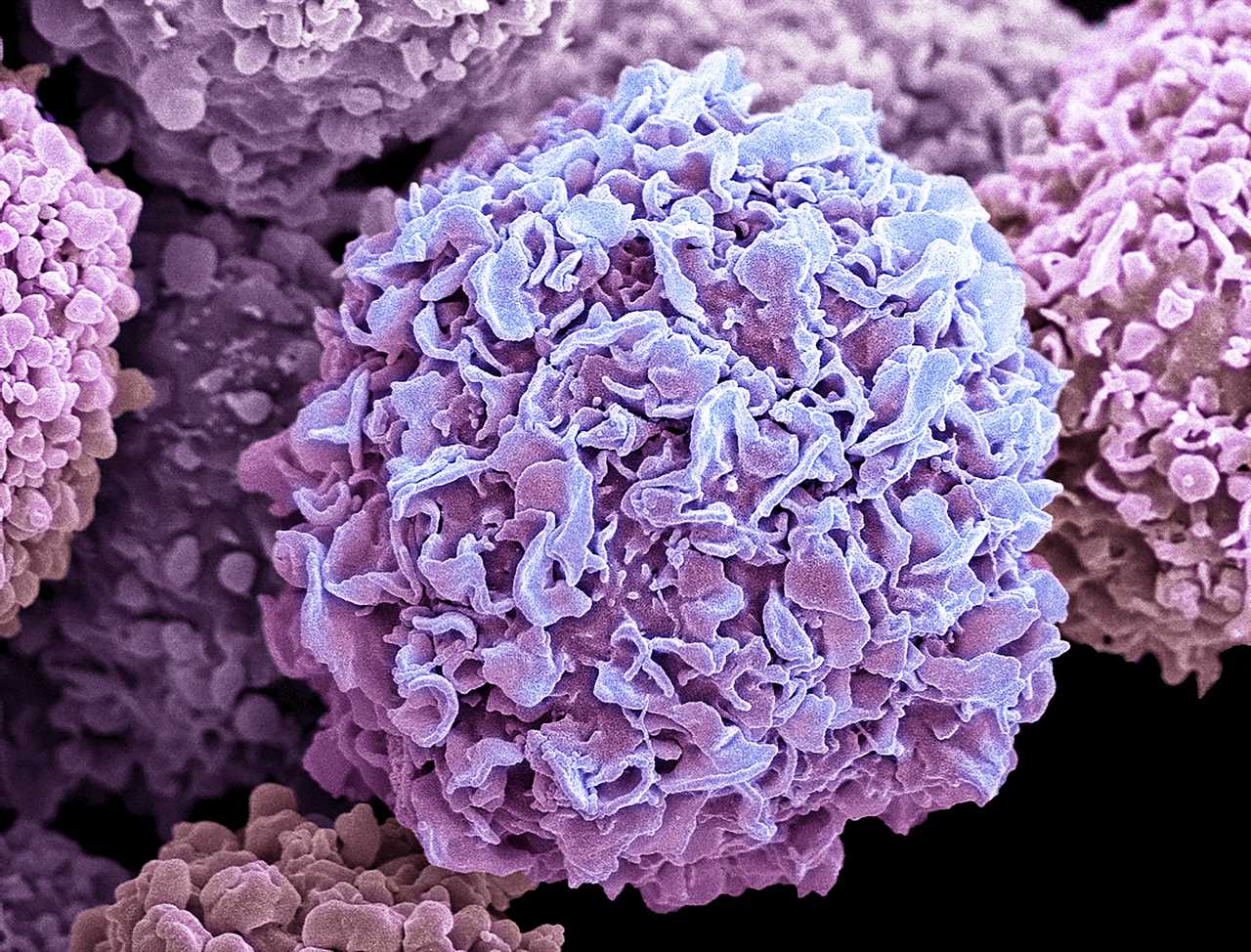
Overview
A recent study conducted by researchers at the University of Edinburgh has revealed a concerning increase in cancer rates among individuals under the age of 50. The study, which analysed data for 29 different types of cancer in 204 countries, found that the number of diagnoses in this age group reached 3.26 million in 2019. Furthermore, the study identified smoking, alcohol consumption, poor diet, excess weight, low physical activity, and high blood sugar as the main risk factors contributing to the rise.
The Findings
The largest increases in cancer rates were observed in windpipe and prostate cancer, while breast cancer accounted for the highest number of cases overall. The study also revealed a 27.7% increase in cancer deaths among individuals under 50, with breast, windpipe, lung, bowel, and stomach cancer being the leading causes. However, the lead author of the study, Dr Xue Li, noted that the overall incidence rate of early-onset cancer in the UK has remained stable in recent years and the annual mortality rate has been steadily decreasing thanks to improved screening and treatment efforts.
Risk Factors and Prevention
While genetics are believed to play a role in early-onset cancer, lifestyle factors such as smoking, alcohol consumption, and poor diet were identified as the main risk factors. The study also highlighted the importance of maintaining a healthy weight, engaging in regular physical activity, and monitoring blood sugar levels. Dr Claire Knight from Cancer Research UK emphasized the need for further research to determine the specific causes of the rise in cancer rates among young people and encouraged individuals to lead a healthy lifestyle by not smoking, maintaining a balanced diet, exercising regularly, and staying safe in the sun.
The Future
According to Macmillan Cancer Support, approximately 3 million people in the UK are currently living with cancer, and this number is projected to rise to over 5.3 million by 2040. Consequently, it is crucial to understand the factors contributing to the increase in cancer rates among younger individuals and to implement effective prevention strategies. More research is needed to gain insight into the causes of specific cancer types in young people, and experts stress the importance of early detection and leading a healthy lifestyle to reduce the risk of developing cancer.






